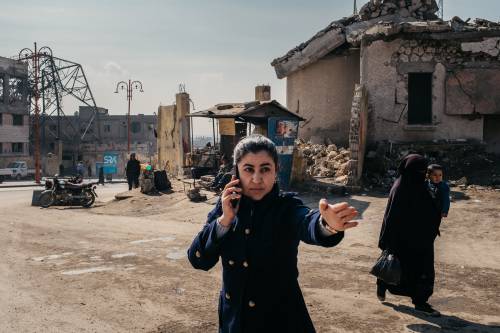
“Who is aware that this city, completely destroyed at the time of liberation, which suffered barbarism, led by abject men, is currently ruled by a young woman of 30?" – חאווייר דה לאוזאן
9 ימים ברקה is a portrait of Leila Mustapha, אישה צעירה כורדית וסורית ונבחרה לראש עיריית רקה, the former capital of the Islamic State which was destroyed during the Syrian Civil war. Leila, an engineer by training, was just 30 years old at the time. Operating in a man’s world, Leila’s mission has been to rebuild her city, enable reconciliation and re-establish democracy. The story of Leila is told through the perspective of French writer Marine de Tilly who travels to Raqqa, a still dangerous city, and is given 9 days to tell her incredible story. 9 Days of Raqqa was Officially Selected for the 2020 Cannes Film Festival.
גלובל החיפוש לחינוך is pleased to welcome Xavier de Lauzanne, Director of 9 ימים ברקה.
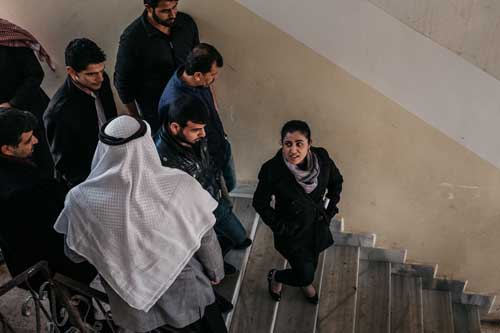
“I was inspired by this woman, ליילה מוסטפה, by her strength, her optimism, and her humility.” – חאווייר דה לאוזאן
Xavier, why did you choose to tell this story now?
We have all heard of Raqqa, the former self-proclaimed capital of the Islamist state during the war in Syria. We were even directly affected by Daesh, in particular during the attacks in Paris; the orders for which came directly from there. European fanatics left to fight alongside the Islamists. Our history is now linked to that of Raqqa and we cannot deny it. ובכל זאת, who knows Leila Mustapha? Who is aware that this city, completely destroyed at the time of liberation, which suffered barbarism, led by abject men, is currently ruled by a young woman of 30? Isn’t that amazing? The war is now elsewhere and so very few journalists are going there. As a filmmaker, I considered that my role was to go after them, after the chaos, to enter the sensory universe of characters who have been at the heart of the news, to better understand history through their journeys, to tell about the future prospects and to look at what binds us.
I was inspired by this woman, ליילה מוסטפה, by her strength, her optimism, and her humility. I was also inspired by the system that the Kurds are trying to establish in the region. In Syria, they do not claim territorial autonomy as in Iraq. They see themselves above all, as Syrians. But Syrians defend a certain idea of the nation: democratic and egalitarian. Gender parity in their administration is the perfect example of this singularity. In the Middle East, they are the only ones to really move the lines and Raqqa is a post-war laboratory that has moved me deeply.
What surprised you most during the creative process of making this film? What lessons did you personally learn?
When you navigate the ruins of a city of 300,000 תושבים, which could be any city we know, you have two reactions. Firstly, to observe with horror what man is capable of, ושנית, to hold onto the signs of life that appear. Behind every destruction is a gigantic distress. But behind each distress there is also a striking burst of life and, in Raqqa, Leila Mustapha is its figurehead. I think I have rarely been so admiring of a person I have filmed. Creating and building peace is much more difficult than making war. מצד השני, during the filming, we had no control over anything. Our safety depended on others and our schedule was created hour-by-hour. I forced myself to let myself be carried away, without preconceived ideas, without fantasies, by trying to capture with my camera the “אֶמֶת” of this woman, her authenticity, her sincerity, her spontaneity. Since nothing was calculated, it was difficult for her to form a way of being. We slipped into her daily life, without changing anything. Making a feature documentary halfway around the world, about an unknown woman, in a war zone, עם רק 9 ימים, is a gamble. Before leaving, nothing assured me that I had the material to make a film. The unexpected, even if it means coming back empty-handed, has been my source, my wealth, and my reward.
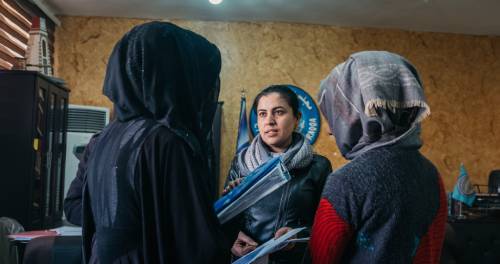
"Creating and building peace is much more difficult than making war.” – חאווייר דה לאוזאן
What do you hope audiences will take away from Leila Mustapha’s life and her mission?
I believe the film exposes a one-of-a-kind experience. I hope viewers will remember that you should never be too preconceived about others and other places. Iraq and Syria are seen only through the prism of war, of permanent conflict. It’s always easier for the media to show off images of guns, bombs going off, and people killing each other. I am not saying that it should not be done, but behind our “duty to inform”, there must also be the “duty of balance”. Otherwise we can create an erroneous picture of the world. We believe we are informed, but we are only partially informed by perspectives that are mainly anxiety-provoking because sensationalism makes money, while peace, by definition, is boring. מצד השני, we like to reassure ourselves about our own condition by locking up warring people under leaden covers from which they will never escape. And when they do, the media is gone! So I’m here as a filmmaker to tell people that there is also another way of looking at our world – more courteous, more just, more constructive and no less captivating! Leila Mustapha is the perfect example.
The story is told from the perspective of a female writer. Why did you decide to tell Leila’s story this way?
I wanted to tell the real story. I was put in contact with this writer who was going to meet Leila Mustapha and who had only 9 ימים, under incredible conditions, to gather the information that would allow her to write her book. The writer was our facilitator, who we identify with, who takes us to Raqqa and then leaves room for Leila’s emotional power. מצד השני, I’m a man and I made a feminist film. I found it interesting to completely step aside behind these three women (Leila, the writer, and the performer) and let the naturalness of their meeting live without interference or obsessions on my part. I tell a story of cinema, inked in reality, which ends moreover with the return of the writer a year later, to bring to Leila the book she wrote. When making documentaries, I am primarily filmmaking and I have only one credo: “once upon a time …”.
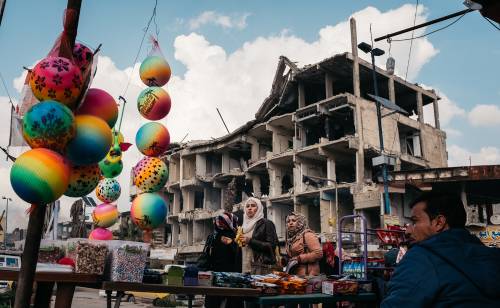
"We believe we are informed, but we are only partially informed by perspectives that are mainly anxiety-provoking because sensationalism makes money, while peace, by definition, is boring.” – חאווייר דה לאוזאן
How did the pandemic impact the creation and marketing of your film?
After filming the last sequence in Raqqa (the writer’s return a year later), we crossed the Syria-Iraq border just as everything froze. Like in a movie, we saw borders and cities close in our path, just long enough to catch the plane in Erbil! But the pandemic itself did not have an impact on the making of the film. מצד השני, after having obtained the prestige of the “Cannes 2020” label of which we are extremely proud, we now have to show the film… We are waiting for other festivals to launch the film’s promotion around the world, hoping that the situation will improve and not degrade again.
9 days is the first part of a trilogy.
כן, it is the first part of a trilogy that I am producing on the reconstruction of social ties in Iraq and Syria after the war through three experiences: פּוֹלִיטִי, media and cultural. The other two films are in production.
Thank you Xavier.
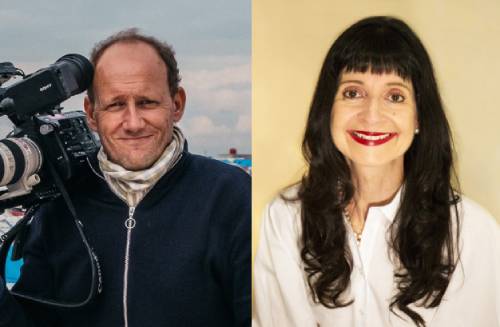
C.M. Rubin and Xavier de Lauzanne
תודה לך שלנו 800 ועוד תורמים עולמיים, אמנים, מורים, יזמים, חוקרים, מנהיגים עסקיים, סטודנטים ומנהיגי מחשבה מכל תחום לשיתוף נקודות המבט שלך על העתיד של למידה עם גלובל החיפוש לחינוך כל חודש.
C. M. רובין (קאתי) הוא המייסד של CMRubinWorld, חברת פרסום מקוונת התמקדה העתיד של למידה הגלובלית, ואת מייסד שותף של כוכב כיתה. היא כתבה שלושה ספרים רבים מכרו ושתי סדרות באינטרנט לקרוא בהרחבה. רובין קיבל 3 פרסי אפטון סינקלייר עבור "החיפוש העולמי לחינוך." הסדרה, הדוגלת לנוער, הושק 2010 ומפגיש הוגי דעות מכובדים מכל רחבי העולם כדי לחקור את הסוגיות בחינוך מפתח בפני אומות.
עקוב C. M. רובין בטוויטר: www.twitter.com/@cmrubinworld

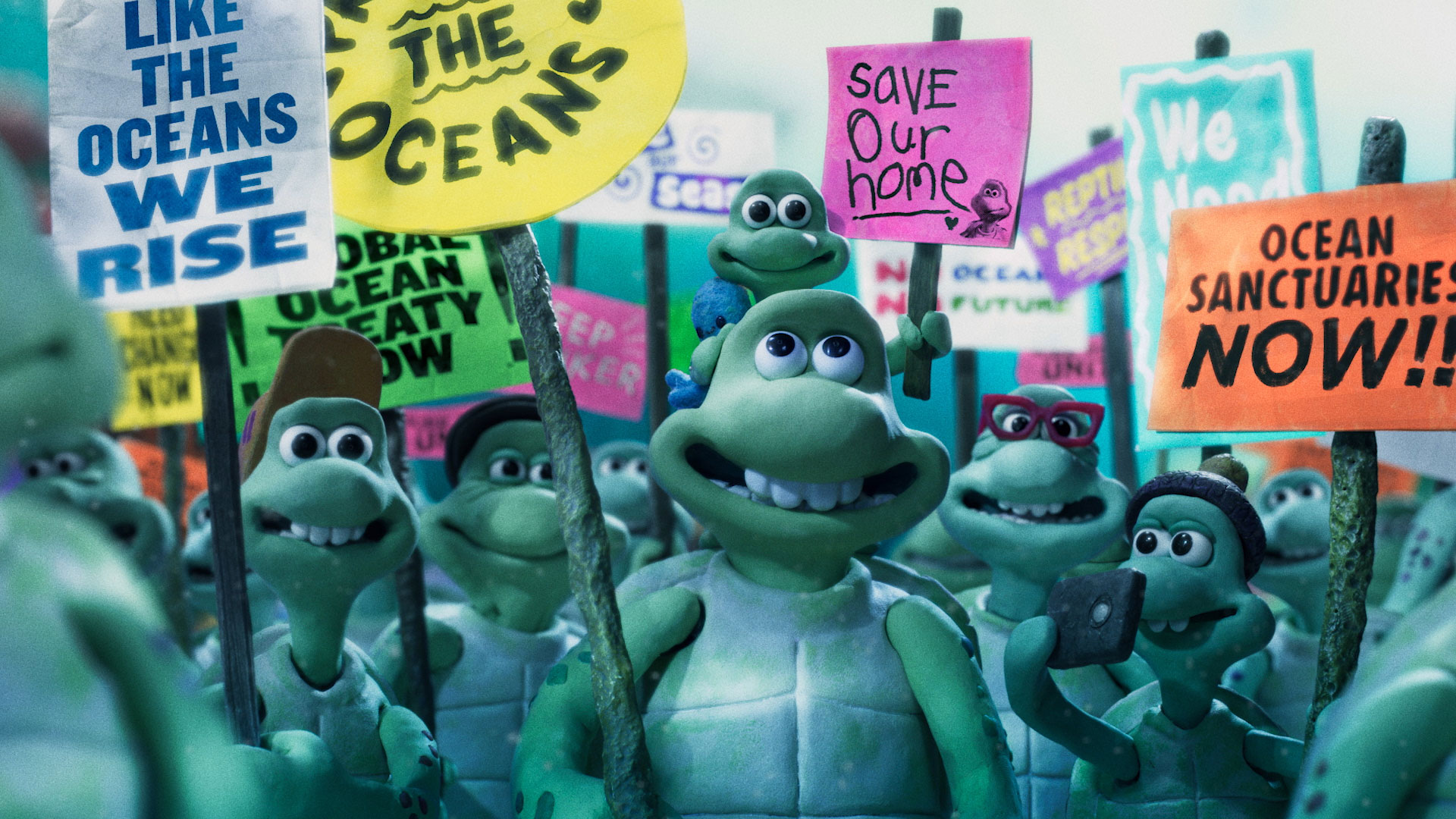
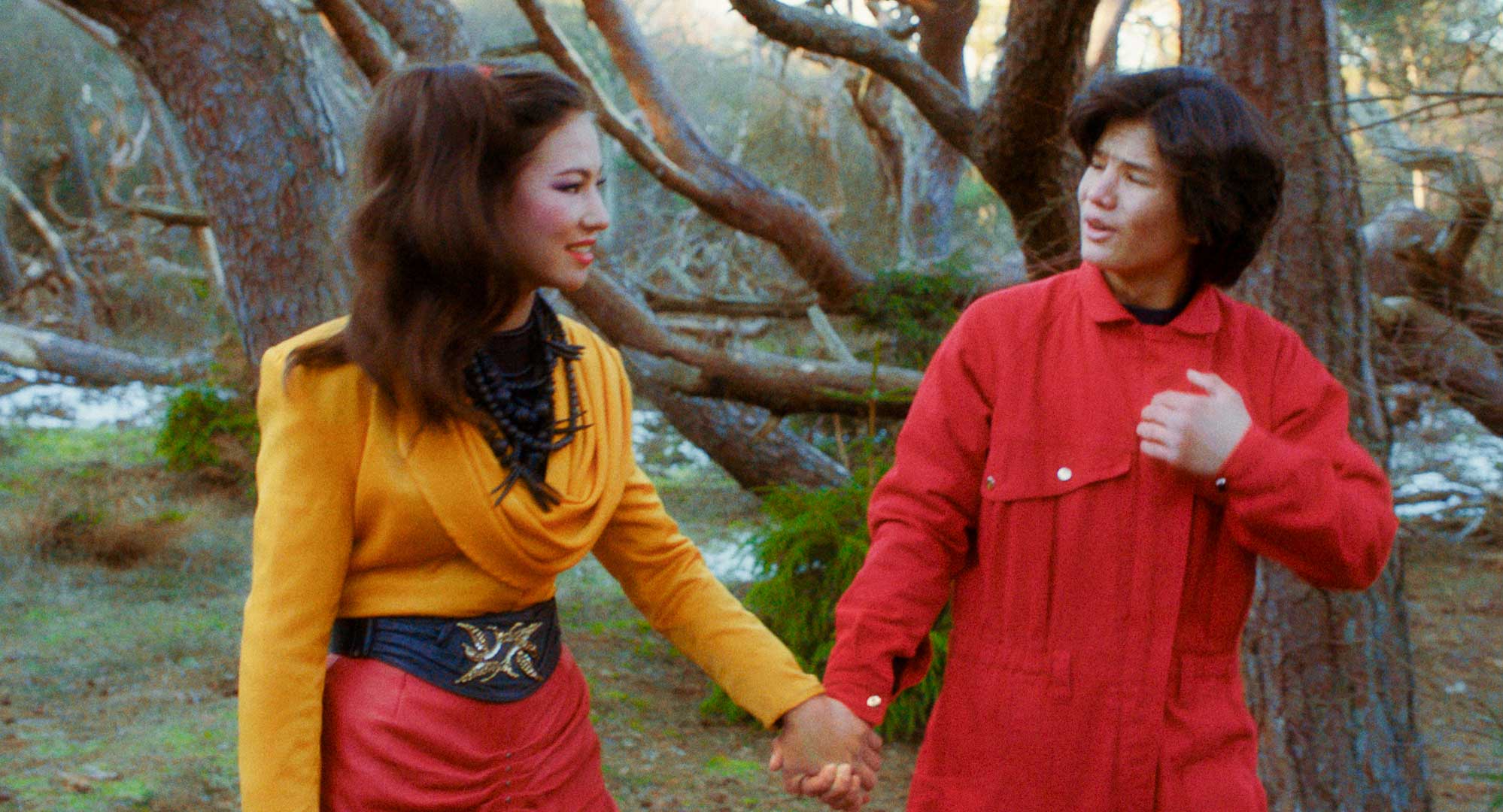

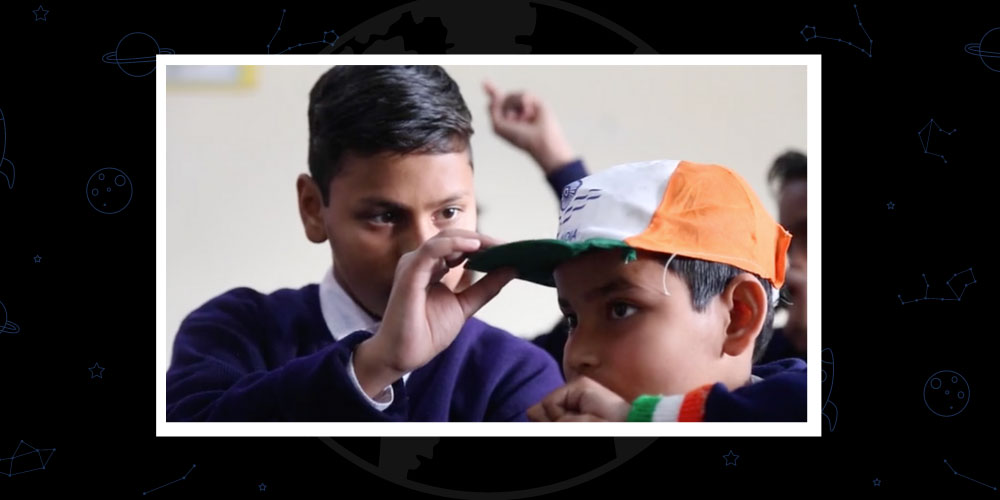
תגובות אחרונות